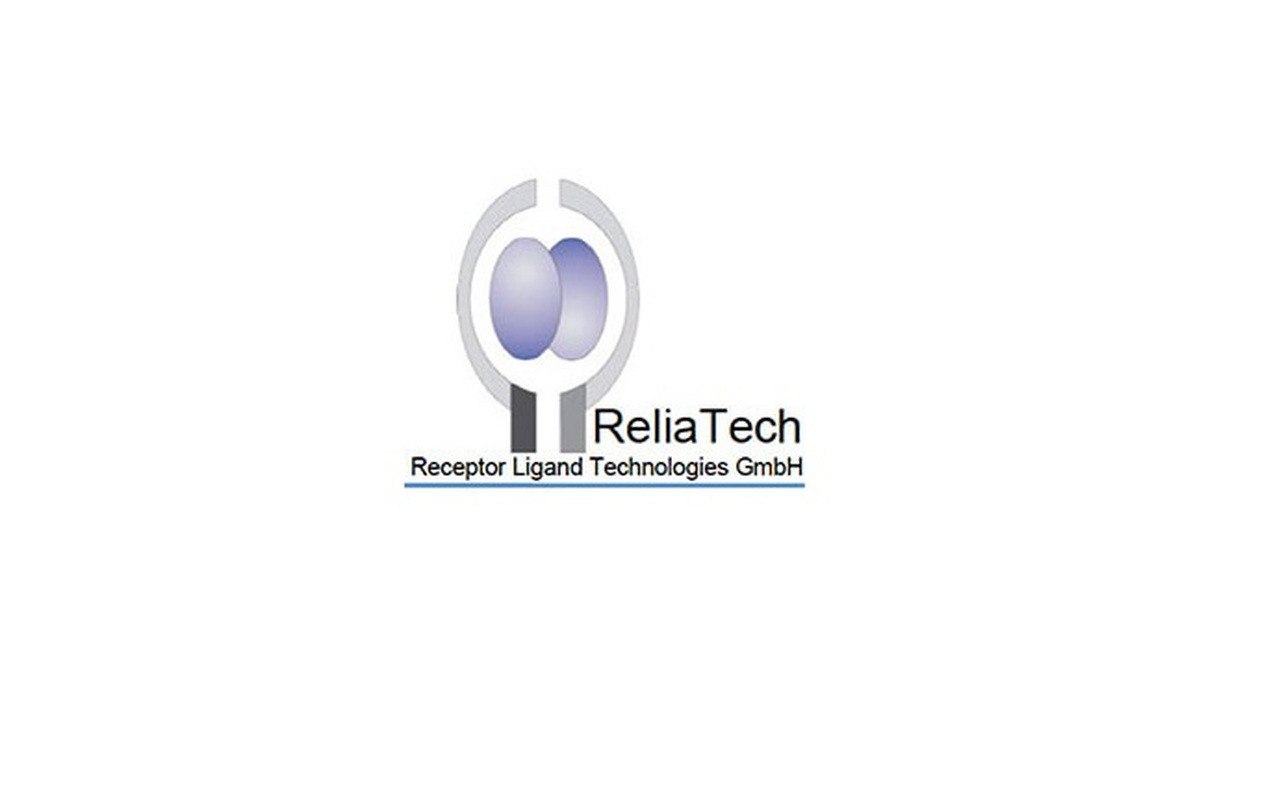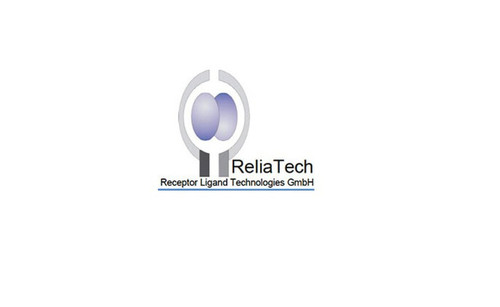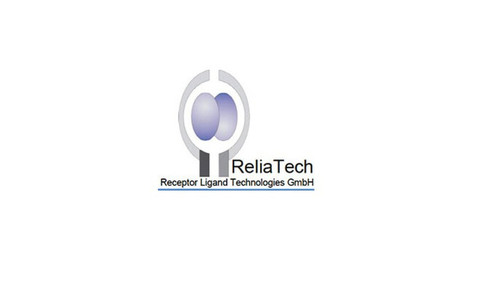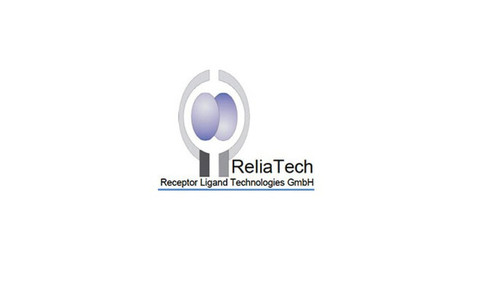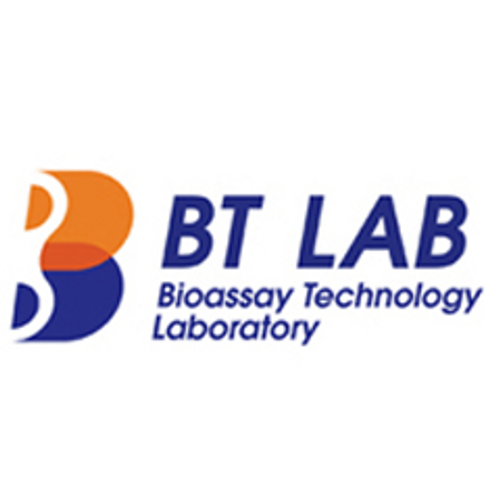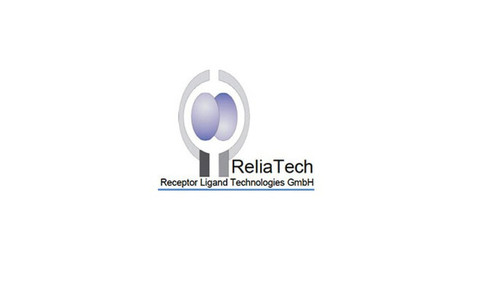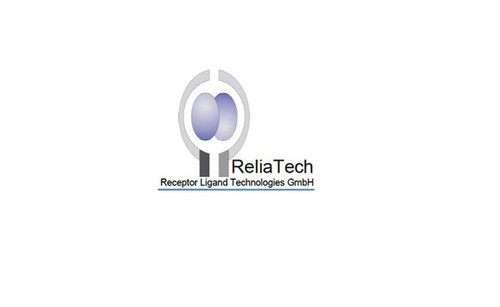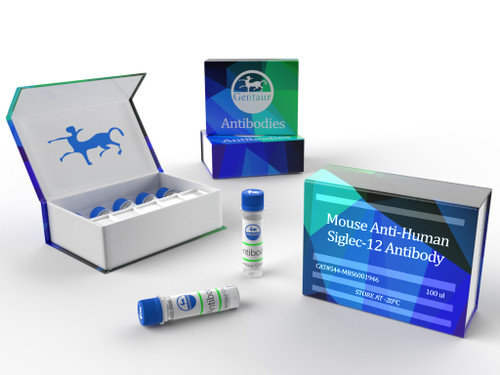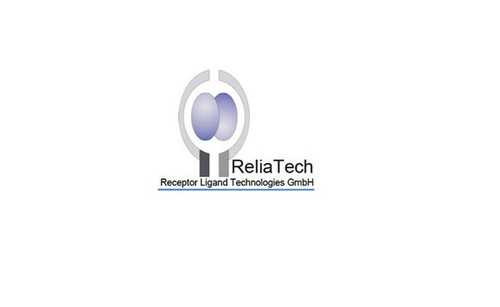Product Description
Mouse Anti-Human Siglec-5-14 Antibody | 101-M630 | ReliaTech
Species: Anti-Human
Host / biotech: Mouse
Comment: N/A
Label: N/A
Clone / Antibody feature: (#4G4)
Subcategory: Monoclonal Antibody
Category: Antibody
Synonyms: SIGLEC14
Isotype: IgG1
Application: WB, N
Detection Range: N/A
Species Reactivity/Cross reactivity: Human
Antigen: recombinant human Siglec-14 extracellular domain
Description: Siglecs are I-type (Ig-type) lectins belonging to the Ig superfamily. They are characterized by an N-terminal, Ig-like V-type domain that mediates sialic acid binding, followed by varying numbers of Ig-like C2-type domains (2 to 17), a single transmembrane region, and a cytoplasmic tail. The siglecs can be broadly classified into two subgroups: siglecs-1, -2, and -4, and a siglec-3/CD33-related subgroup (siglecs-3, and -5 through -13 in primates) defined by sequence similarity and clustered gene localization. They are widely expressed on hematopoietic cells, often in a cell-type-specific manner, and siglec-4/MAG is a myelin component in Schwann cells and oligodendrocytes. Their ligands, sialic acids, are negatively charged monosaccharides found on cell-surface glycoproteins and glycolipids. Although siglec functions continue to be defined, most have intracellular immunoreceptor tyrosine-based inhibitory motifs (ITIM), implicating them in the suppression of immunoreceptor signaling. They may also participate in cell/cell interactions or act as receptors for the entry of viral or bacterial pathogens.
Purity Confirmation: N/A
Endotoxin: N/A
Formulation: lyophilized
Storage Handling Stability: Lyophilized samples are stable for 2 years from date of receipt when stored at -20°C. Reconstituted antibody can be aliquoted and stored frozen at < -20°C for at least six months without detectable loss of activity.
Reconstituation: Centrifuge vial prior to opening. Reconstitute the antibody with 500 µl sterile PBS and the final concentration is 200 µg/ml.
Molecular Weight: N/A
Lenght (aa): N/A
Protein Sequence: N/A
NCBI Gene ID: 100049587
 Euro
Euro
 USD
USD
 British Pound
British Pound
 NULL
NULL

